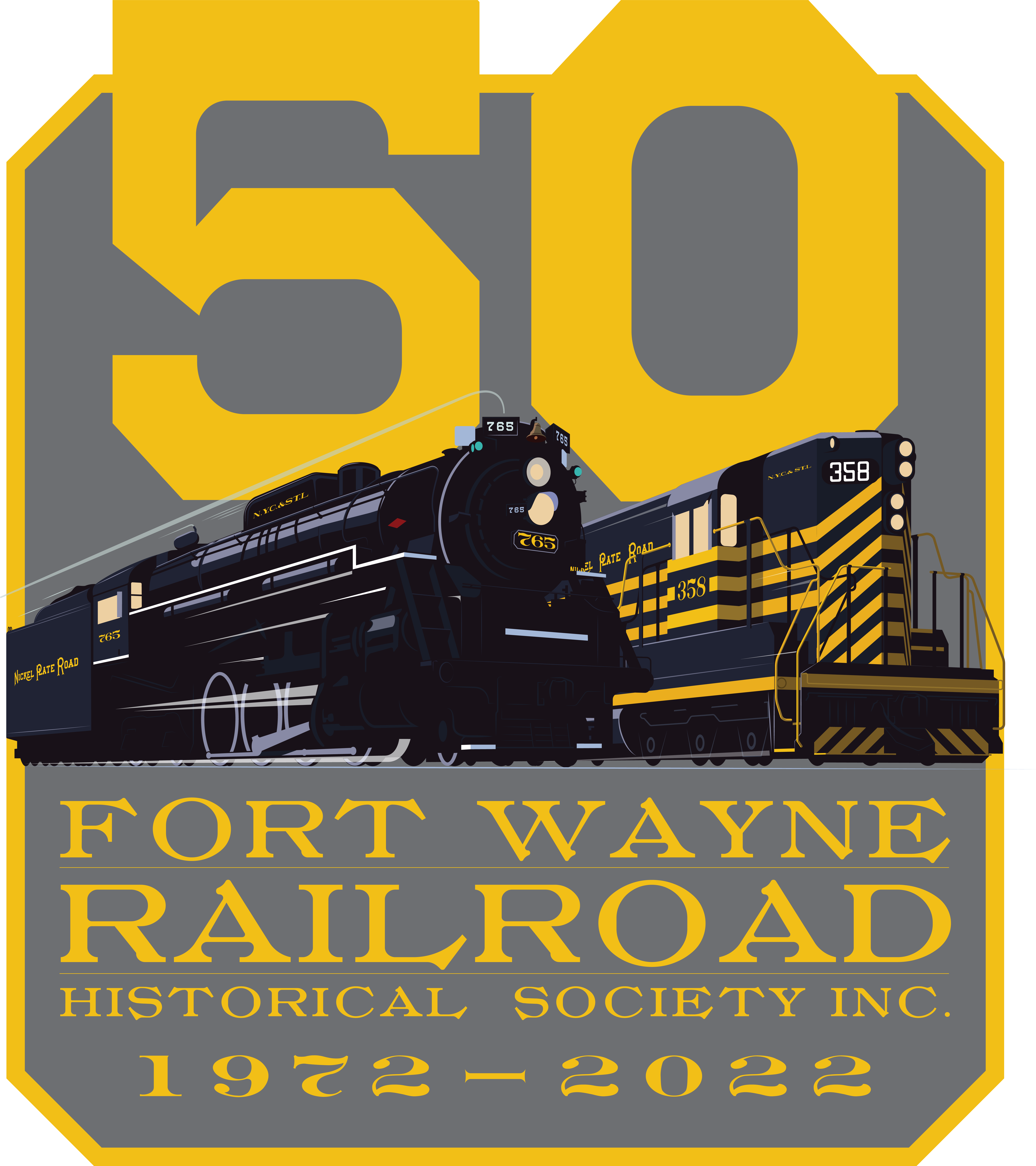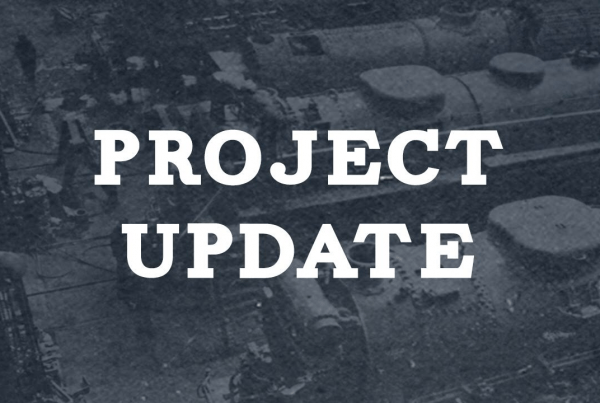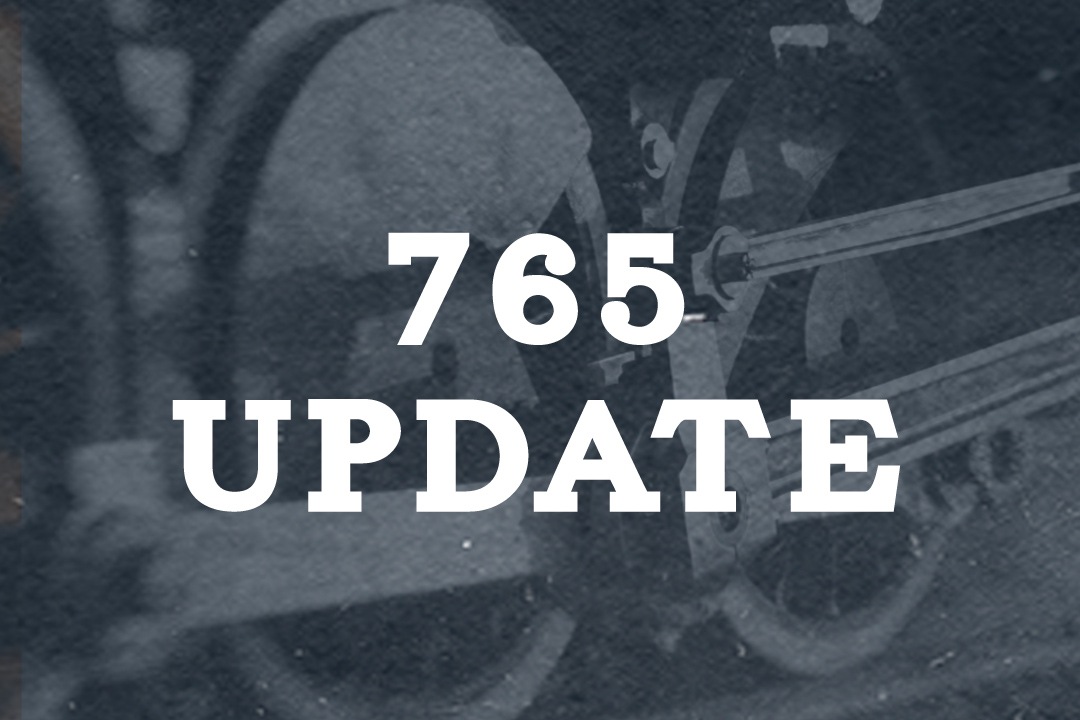Submitted by Steve Winicker
LAST WEEKENDS SHOP ACTIVITY
Oil samples were taken on the 765’s axle bearings. All had adequate oil in the sumps and appeared to be in good condition. The oil is at Blackstone Laboratories for analysis currently. We will decide whether to top off the oil or to change it based on the lab results.
Most of the rest of the week was spent unloading coal from the borrowed Hopper car. The car must be free of coal before we return it to the NS. A small crew of rotating folks made great progress with car getting us down to less than a day of shoveling to empty it. Thanks to Steve, Brody, Ciara, Andy, and Chris for moving this project along. Currently the crane is kaput, which kept us from getting the car further unloaded.
UPCOMING ACTIVITIES
Hopefully I will be able to revive the crane this week so we can have another session of fun coal unloading this coming weekend. I urge you to show up or you might miss this event. Great cardio exercise and a general good time. Don’t get too glum if you can’t make it as we have other similar events scheduled for the near future.
SAFETY SENSE
Have you seen a crucial block lately? Not football but blocking as it relates to safety and your work area. We’re talking about blocking important elements of the workplace from access.
One of the most common things you can see during a safety inspection are blocking violations if you know exactly what to look for. What types of things should not be blocked? Below is a partial list of common critical items found in most workplaces, however, there can certainly be others…
- Emergency Exits
- Eyewash stations and showers
- Electrical panels
- Electrical disconnects
- Fire extinguishers
- Pedestrian aisles
The good news is that blocking is easy to identify and fix. Regular inspections and emphasis on blocking is the most important element to preventing such issues. Specifically look for items that “have always been there” as these permanently blocked items need to be addressed.
Even OSHA or other regulatory agencies have rules on blocking such items. They are important and access to these things can be critical in a time of emergency.
Look around your work area today when you head out. See if there is clear access to the electrical panels and fire extinguishers. Speak up and act if something is blocking access. Look to see if any items have been “permanently” blocked by design.
It is certainly better to go 10 ft further for a fire extinguisher than it is to have to move carts, racks, or other items just to get to it during an emergency.
SAFETY IS JOB 1
SAFETY FIRST ALWAYS


